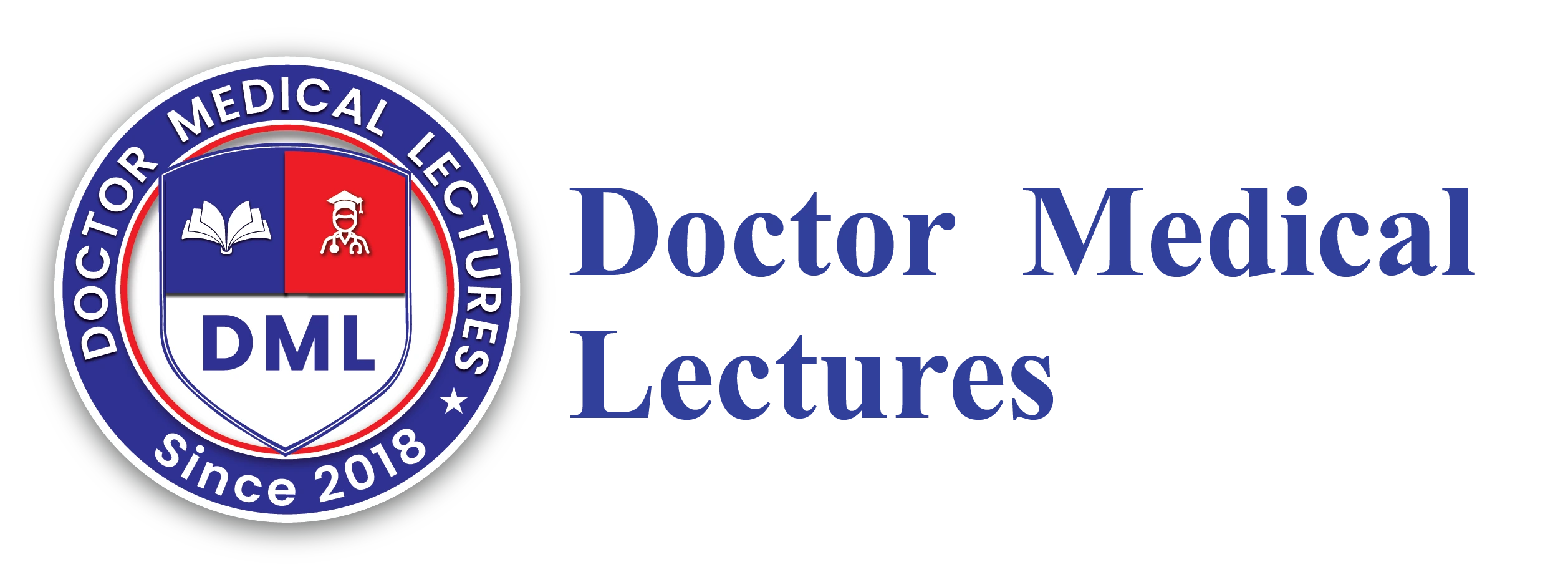The Nursing Registration Exam (NRE) Step 1 is an essential exam for those who have completed their nursing training and now seek to become licensed professionals. Moreover, the exam will test your knowledge and understanding of key nursing concepts, as well as your ability to apply practical reasoning in patient care. Successfully passing Step 1 is therefore the first major step toward becoming a certified nurse and beginning a career path within the field of health care. When you’re contemplating the initial exam or plan to take the exam having a good understanding of the exam format as well as the ideal strategies for preparing could be an important aspect in your journey towards success.

1. What is NRE Step 1?
A quick review of Exam Step 1 of the NRE is a reference to the nursing registration Exam Step 1. It’s the most important test nurses need to be able to pass in order to begin their journey to becoming licensed nurses. The exam tests a person’s understanding of nursing fundamentals and also their ability to apply the knowledge to actual situations.
The objective and significance of HTML0’s
importance and purpose principal reason for NRE Step 1. This is to make sure the nurses graduating with essential skills and understanding required for providing safe, effective and reliable healthcare.The standard ensures that an individual nurse has basic competencies before entering the real world of work.
2. Who is Eligible to Take NRE Step 1?
Educational Qualifications
To take the exam, candidates must hold a nursing degree or certificate accredited by a recognized institution or university. This requirement ensures that they have completed all the topics covered in the nursing education curriculum.
Clinical Learning Prerequisites
before conducting the exam candidates must get the Authorization to Test letter from the nursing board. The authority will issue the letter only after confirming that the candidate meets the academic and legal requirements.
Professional Standing
3. Exam Format and Structure
The NRE Step 1 exam consists of multiple-choice questions.The purpose of these questions is to test basic knowledge in addition to the utilization of this knowledge in the situations in the clinical. Most of the questions are based on scenarios, and will test test the examiner’s ability to think critically and their decision making abilities.
Exam time
Scoring System Most nursing boards do not provide a comprehensive reports of their scores.
Testing test environment
Testing 1 on the NRE is an online exam that is conducted by approved testing centers. Candidates must comply with the strict requirements that include presenting the proper identification in order and adhere to the duration of time.

4. Subjects Included in NRE Step 1
Fundamentals of Nursing
This class gives a basic understanding of nursing, which includes hygiene for patients, as well as safety guidelines and also the management of infection and the ethical aspects in nursing. In addition it provides nursing practices as well as the essential method of providing medical care.
Medical-Surgical Nursing
This area is focused on treating adults with a variety of medical and surgical concerns. It covers treatment of disease in addition to monitoring patient responses and emergencies.
The field of Pharmacology
Candidates must be aware of the various categories of dosages and drugs which are suitable in addition to interactions, side effects and interaction. This is vital since making sure that the patient is safe of medications is among the main nursing responsibilities.
Pediatric Nursing
Pediatrics provides an extensive guide for the growth of children, their development patterns, the vaccine schedules, and methods of caring of infants and children. Also, are methods of communication for young patients and their caregivers.
Obstetrics and Gynecology
The chapter covers maternity care beginning at postnatal and continues until the prenatal period. It covers the childbirth process, labor and birth and issues that may arise in the pregnancy.
Community Health Nursing
The main focus on this topic is on the significance of public health and prevention of diseases through vaccination programs, and ways of providing care guided by communities.
mental Health Nursing
The area of psychiatric nurse covers subjects like therapy communication psychological disorders, and treatments to help those who suffer from mental ailments.
Anaatomies as well as Physiology
A comprehensive understanding of the human body’s anatomy and functions is essential for making sound medical decisions. This subject focuses on how body systems work together and interact during healing and rehabilitation.
5. How to Prepare for NRE Step 1
The art of Organizing Your Study Time
Start with a short and planned schedule for your study. Separate your studying time into topic areas and set daily goals covering the whole topic you want to study.
Making use of the best Study Resources
Use reliable guides, textbooks from the official source, as well as the recent studies guides. Up-to-date content will help you keep your eyes on the latest developments in nursing exam areas.
Learn with examples of tests
answering practice questions as well as practice tests is among the top methods to practise. This helps you get used to the questions’ format and aids in identifying weaknesses.
Strategies of Study That work Write down the key concepts in your own words. Utilize flashcards, and revisit often. Avoid passive reading Instead, spend the time to be engaged with the information.
Peer Assistance, also known as group study
Peer Assistance or Group Study Studying and learning with fellow students is extremely beneficial. Sharing your experience with other students is not just beneficial, but also increases your comprehension of the subject.
6. Tips for Success in the Exam
Learn Concepts You Understand
Instead of just reciting facts, you should concentrate on understanding the reasoning and reasoning behind nursing practices. This can assist you in answering applications-related queries with more ease.
Be careful when you are taking the exam It is essential to stay attentive to make sure you don’t get caught in the timer. Be sure to not take excessive time for every exam. Utilize the elimination method for generating more accurate predictions when needed.
Maintain a healthy and fit physique. A healthy brain is more productive. Make sure you get enough get to sleep, and eat a healthy diet, and avoid cramming the exam at night before your exam.It is essential to manage exam anxiety, as it is just as important as having a thorough understanding of the subject matter.
content.
Make sure you are sure and positive
Your faith you feel will impact the quality of your work. Be prepared and be relaxed, even if you are faced with difficult questions.
7. After You Pass NRE Step 1
The next steps of the Registration Method
Once you’ve completed Step 1, you’re now eligible to go into the next phase which might include tests to test your specific or clinical competencies as well as interviews that are based on the requirements of your local nursing council.
final documentation and orientation
Some nursing boards require you to attend an orientation, or submit additional documentation such as the health records and police clearances as well in professional references prior closing the registration.
The start the beginning of your professional nursing journey
Passing the NRE Step 1 exam opens up new opportunities in your nursing career. If you’re interested in joining healthcare facilities such as hospitals, community centers or hospital or continue your education, taking this exam will mark an essential step in your nursing career.
Conclusion
To pass the NRE’s step 1 is more than just an exam. It’s a first step towards the next stage of your job as a nurse. It doesn’t simply test your knowledge on the subject but also a measure that you are able to handle patients with empathy and skill. By having a solid comprehension of the by understanding the exam format, studying reliable resources, and staying focused on your goals, you can approach this crucial test with confidence. Remember, every successful nurse has gone through the same process you’re facing now. Stay committed, trust your preparation, and give your best effort as you work toward a rewarding career in nursing.
FAQs – NRE Step 1
Q1: Who can be able to take this NRE step 1 exam?
You can pass this exam once you’ve earned your certificate or diploma in nursing. Also, you’ll need to finish your compulsory time in the clinical program. In order to take your exam you will need an authorization through the Nursing Board. This is or an Authorization to Test.
Q2 What’s the total number of questions that the exam includes?
The exam usually consists of 100 to 150 multiple-choice questions. These questions cover a wide range of nursing areas and assess your knowledge and decision-making ability in clinical situations.
Q3. How long will the duration of this exam What is the duration of this exam?
exam can last in between two and three hours. This test demands participants to answer all questions within the given timeframe. Being sure you’re controlling your time during the exam is essential to pass the exam within the timeframe.
Q4. What areas are covered in the exam It covers numerous nursing subjects.
Nursing fundamentals, Pharmaceutical Sciences Medical-Surgical Nursing, mental Health Nursing, and many more are covered in the exam. These subjects are grounded in knowledge from both the theoretical and practical aspects.
Q5.How do you tell if I’ve completed the task correctly?
Candidates receive a result that indicates either a pass or a fail.Most boards do not provide an exact score; instead, the purpose of the test is to determine whether you are ready to progress to the next stege.
